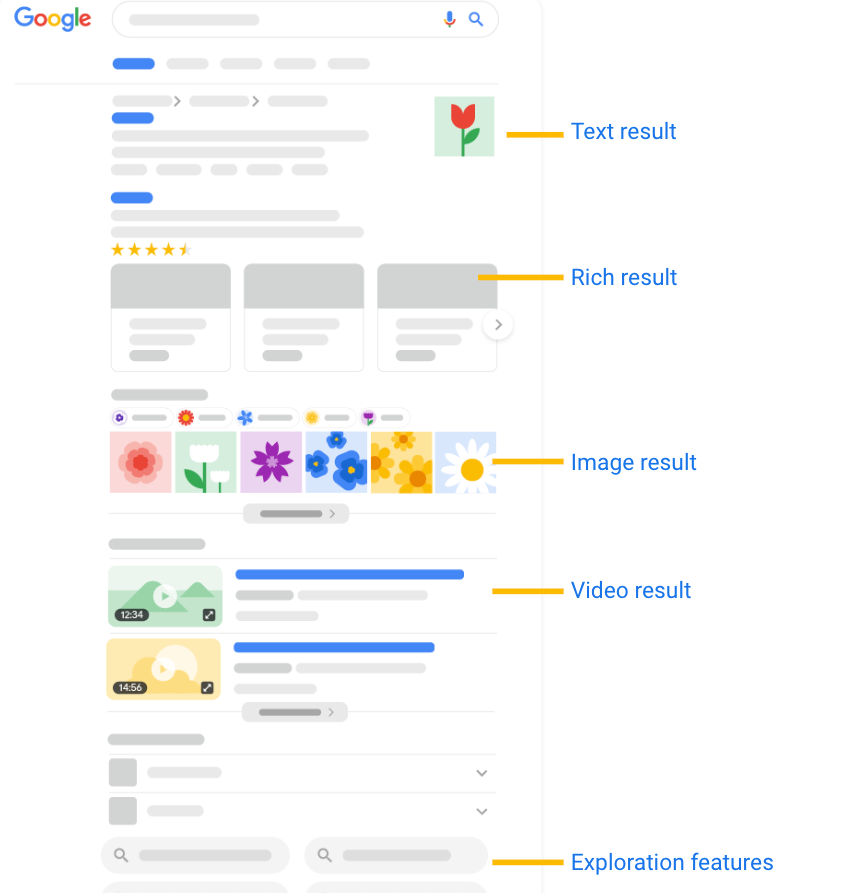Back to Work Ideas for Mums Returning to the Workforce in 2024
Are you a mum who is considering returning to the workforce in 2024? Congratulations on taking this exciting step! Whether you’ve taken a break to raise your children or have been working part-time, getting back into the professional world can feel both exhilarating and overwhelming. Fortunately, there are numerous high-income work-from-home options available in New Zealand that can provide you with the flexibility and financial stability you desire.
1. Virtual Assistant
A virtual assistant is a great option for mums looking to work from home. As a virtual assistant, you can provide administrative support to businesses or individuals remotely. This could involve managing emails, scheduling appointments, handling social media accounts, or even bookkeeping. Many companies are willing to pay a good hourly rate for reliable virtual assistants.
2. Online Tutoring
If you have expertise in a particular subject, online tutoring can be a rewarding and well-paying option. With the rise of e-learning, there is a high demand for online tutors in various subjects, ranging from mathematics and science to languages and music. You can choose your own hours and work with students of different ages and skill levels.
3. Content Writing
If you have a flair for writing, consider becoming a freelance content writer. Many businesses and websites require engaging and informative content for their blogs, websites, and social media platforms. With the flexibility to work from home, you can choose projects that align with your interests and expertise. As you gain experience and build a portfolio, you can command higher rates.
4. Graphic Design
If you have a creative streak and an eye for aesthetics, graphic design can be a lucrative work-from-home option. Many businesses require graphic designers to create logos, branding materials, website designs, and marketing collateral. With the right skills and tools, you can offer your services remotely and build a strong portfolio that attracts high-paying clients.
5. E-commerce Entrepreneur
Consider starting your own e-commerce business from the comfort of your home. With platforms like Shopify and WooCommerce, setting up an online store has become more accessible than ever. You can sell products that align with your interests, whether it’s handmade crafts, clothing, or specialty food items. With effective marketing strategies, you can turn your passion into a profitable venture.
6. Online Consulting
If you have expertise in a specific field, such as marketing, finance, or human resources, you can offer online consulting services. Many companies are willing to pay for expert advice and guidance. You can conduct virtual meetings, provide insights and recommendations, and help businesses solve their challenges. As a consultant, you can set your own rates and work with clients on a project basis.
These are just a few high-income work-from-home options that mums returning to the workforce in 2024 can consider in New Zealand. Remember, the key is to find something that aligns with your skills, interests, and schedule. It may take some time to find the right opportunity, but with determination and perseverance, you can achieve a successful work-life balance.


